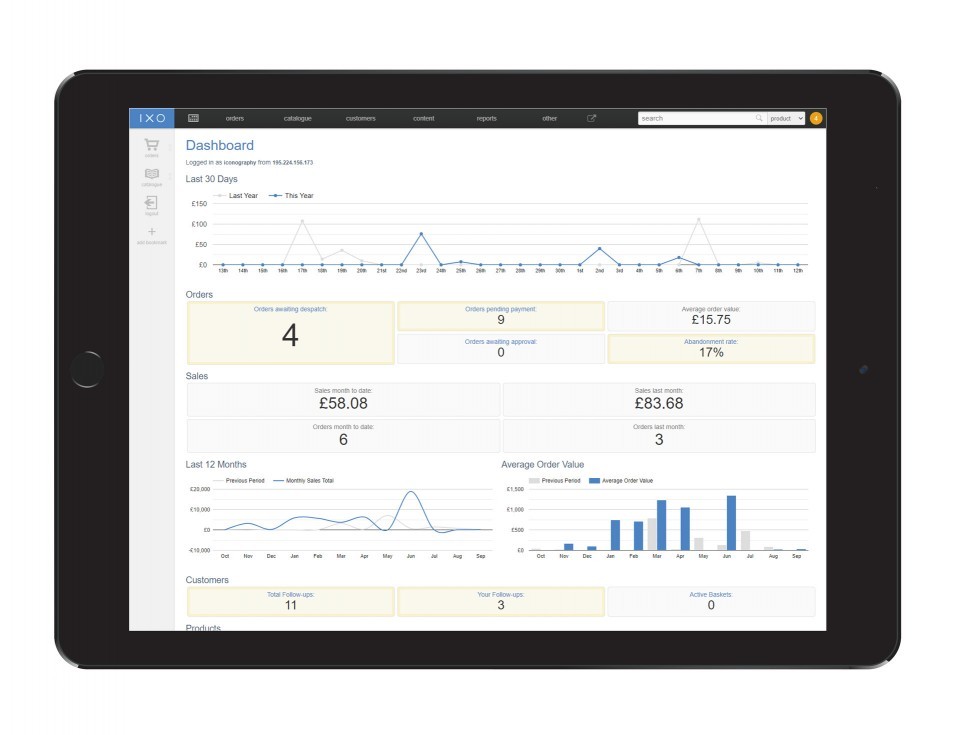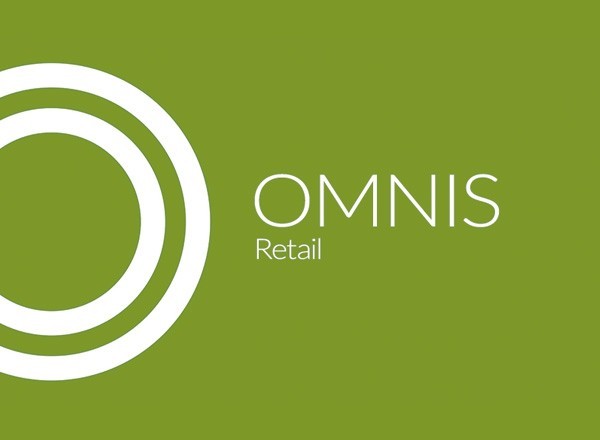Why system integrations are killing retailers
Are you fed up with painful integrations?
If you’re a retailer with online and offline channels, you’re likely running a mix of different retail software solutions. eCommerce, retail management, POS and CRM are just a few. While having separate solutions for separate processes and channels might seem to work, it’s creaky, cumbersome and so 2009.
It’s highly likely that many retailers are ‘getting by’ with their current set-up. Here’s a typical example from a day in the life: “Laura, the connection between the POS and CRM has gone down again, and I can’t log this customer's details”. “Oh,” says Laura, “just complete the transaction and we’ll add it manually later”.
Or, how about this: “Gary, I’m scanning the bar code, but it can’t find the product in the system.” Gary replies, “That’s okay Pete, just scan it as another product, and we’ll adjust it later.”
Is this really the way you want to be running a retail business in 2020?
OMNIS by Iconography
Did you know that our Unified Commerce platform mixes eCommerce, RMS, CRM and EPoS?
OMNIS Retail is an award winning platform with a single database handling everything in one place; that means no more painful integrations between critical systems!
I'm fed up of being told an integration is seamless - they never are and there are always problems!
The limits of integrations
The cause of issues like these is in part, having many different systems that are patched together with integrations. Integrations are susceptible to failure, and they have limitations. Weak spots if you will. So, when integrations go wrong, it causes a whole world of issues. These are some real-world examples that expose the limitations of integrations.
Stock
When systems are connected with an integration, everything rarely happens in real-time. Sometimes there can be a delay where stock isn’t always bang up to date. Depending on where the master stock figure is held, this means there’s a gap between the website reserving the stock and the “back office” taking responsibility for the stock causing issues over overselling and underselling.
Images
Because not all integrations include images, product information, and image updates have to be done in two steps. For retailers with an eCommerce site, this means uploading images to the CMS separately to other product information. Bulk image uploads are very slow and sometimes require manual intervention wasting time and resources.
Orders
One of the most frequent order integration issues that we hear is when the integration stops working. When the link fails, orders aren’t downloaded so can’t be picked, packed and shipped.
Another common problem is product bundles which some retail management systems are unable to handle. If you’re selling bundles on your eCommerce website, this means you need to manually update the stock of each individual product on the website after each sale.
Promotions
These are very rarely integrated at all, especially across online and offline channels. This is also true of loyalty programmes. If the right systems such as EPoS and a CRM aren’t linked, or are too slow to share data between them, then pulling up customer data in real-time isn’t do-able so purchase data and loyalty points can’t be captured and logged either.
Products
Products often cause the most issues for retailers when it comes to how they are entered, updated and shared in different systems. Sometimes not all fields are passed with integrations meaning fields have to be entered again in different systems, doubling the workload. It can also be challenging to know whether a product has been published or not. And, unreliable links/web services can delay or even miss critical updates.
If it takes 15 minutes to update the stock on our best sellers between our EPoS and the eCommerce website, we've already oversold!
Beware of seamless!
One of the terms that we come across all the time that’s difficult to define is ‘seamless’. What does it really mean? You could be excused for thinking it means ‘ambiguous’. Too many vendors use this term and the context changes between each of them.
Don’t be fooled! Just because a vendor claims that their system is seamless doesn’t mean you’ll find it in the ‘free from integrations’ category. The majority of retail management solutions do have integrations and are vulnerable to all of the real-world examples listed above.
The only way to bring your retail operations into 2020 (aside from flying a DeLorean at 88mph) is to opt for a Unified Commerce platform. Because of the confusion and careless use of the word ‘seamless’ we avoid it. But we can tell you that our platform, OMNIS, has no integrations. That means the following functionality is powered by a single source of data flowing throughout all your retail activity.
- EPoS
- Inventory Management
- Purchasing & Planning
- Shipping & Fulfilment
- Warehouse Management
- Reporting & Business Insights
- CRM
- eCommerce
The key OMNIS point of difference - data is not integrated or synchronised between systems. We don’t talk about seamless integrations because there aren’t any.
Everything in one database.
Welcome to the 2020s
For over 20 years, we’ve been working with retailers to create enterprise eCommerce websites using our award-winning platform. OMNIS has been developed to solve many of the issues retailers face when it comes to omnichannel retail. A prime example is Rob, MD of a niche retailer who came to us in autumn 2018.
The story goes that Rob wanted a new RMS and eCommerce platform. He chose Iconography as the eCommerce platform and a furniture industry software provider to implement their RMS. While we delivered the eCommerce site on time, we were waiting for what felt like an age for the RMS to be ready.
Fed up with waiting we spoke with Rob about what the other software provider was tasked to deliver and realised we could provide this work to a higher level than what was on offer. Now in 2020 our OMNIS unified commerce platform is here, helping retailers like Rob streamline, improve and grow their retail business.
OMNIS was born out of the needs of a leading direct to consumer brand to support their online and instore retailing formats in the UK market. They were facing the same problems and challenges that present obstacles for any retailer.
As a progressive and forwarding thinking brand, our client wanted to remove the limitations, constraints and operational inefficiencies associated with integrating an eCommerce website with offline EPoS and legacy back office retail software.
We quickly saw the vast potential OMNIS possessed. It’s a need we’ve recognised with many other retailers and DTC brands that have similar aspirations and want to remove the restrictions of old retail technology and software.
So, if you’re ready to move away from the year (2005) that USB flash drives were ‘new technology’ and a time when the iPhone wasn’t even a spec on the horizon then we should talk!
Request a Demo

Online and instore retail
OMNIS Retail is a pioneering new retail solution that has been driven by D2C brands & niche retailers looking to the future. A single database eliminates any data integration issues between outdated systems, instead providing a cloud-based omnicommerce retail solution fit for the 21st century.
The staff have really got to grips with IXO Commerce and the feedback on the POS screen has been really positive.
Allan Crane, Loom Loft
Get in Touch